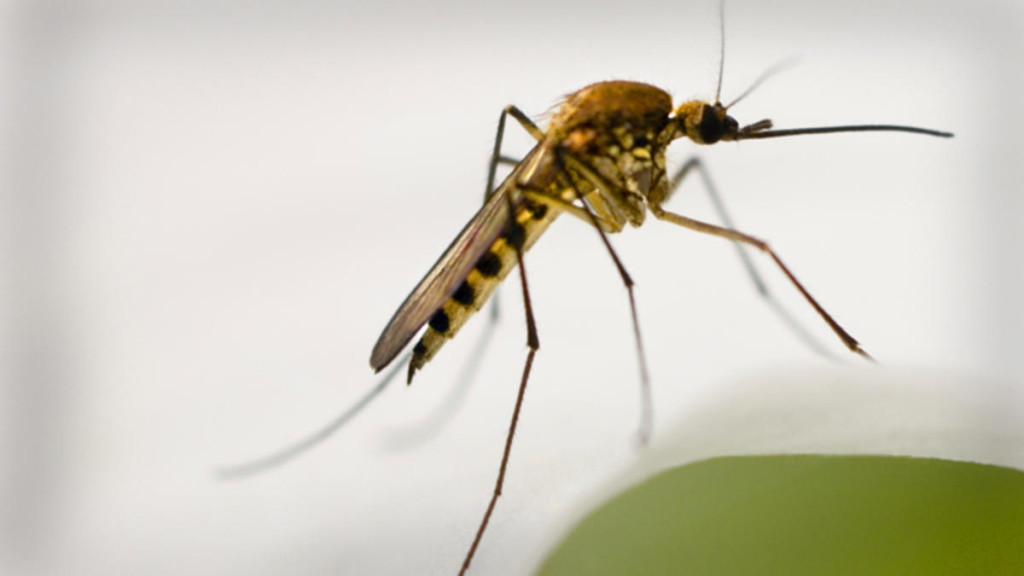In the late spring and summer, when we go out and do some of our favorite outdoor activities, safety is always a key factor. The safety factor we are referring to today is on taking precaution against the West Nile Virus. The West Nile Virus was officially identified in 1937 in a woman in Uganda. This virus soon spread across Africa, the Middle East, Asia and Europe. In the mid nineties a more virulent form showed up in Eastern Europe and Israel.
As of 1999, the first known case was documented in New York, and since that time over 16,000 people in the US have contracted the virus. Very few of the cases have been children, but most have been people over 70 years old. The West Nile Virus can be contracted by the bite of a mosquito, but the chance of a person becoming ill from a single mosquito bite is very low. Mosquitoes become infected by feeding on the blood of birds which carry the virus. The most common bird infected has been crows, ravens, and blue jays. The risk of severe illness and death is highest for the elderly and people with weaker immune systems.
Many people who get West Nile never have any symptoms, but those who do have symptoms may feel like they have the flu. The other extreme symptoms that may require immediate attention and hospitalizations are severe headache, high fever, stiff neck, and confusion and sometimes paralysis. Eighty percent of the people bitten never get sick which is a good thing. Unfortunately, there is no vaccination for prevention of this disease at this time, but they are working on one, but until then, you can steps to protect yourself and your family. First you can mosquito proof your home by checking all your window screens and doors for holes. Patch or replaced these so they can’t get in. Get rid of any standing water around your home and dispose of containers that aren’t being used. Empty the water from around flower pots, and discard old tires.
A tip from gardeners is to plant marigolds and scented geraniums flowers to repel these insects along with rosemary, peppermint, and especially catnip. Now for yourself, you can use insect repellent that contains DEET. Mosquitoes hate DEET and this makes the person undesirable to feed on. Choose a repellant that provides protection for the amount of time that you choose to be outside. Mosquitoes are attracted to skin odor, and carbon dioxide from breathe. These insects normally like to feed mainly at dawn and dusk and are drawn to dark clothing and perfume. Try to, if possible, to wear long sleeve shirts and long pants for protection. Remember regardless if you are running, playing basketball, hiking or fishing you always need to take precaution to protect yourself in the outdoors.

